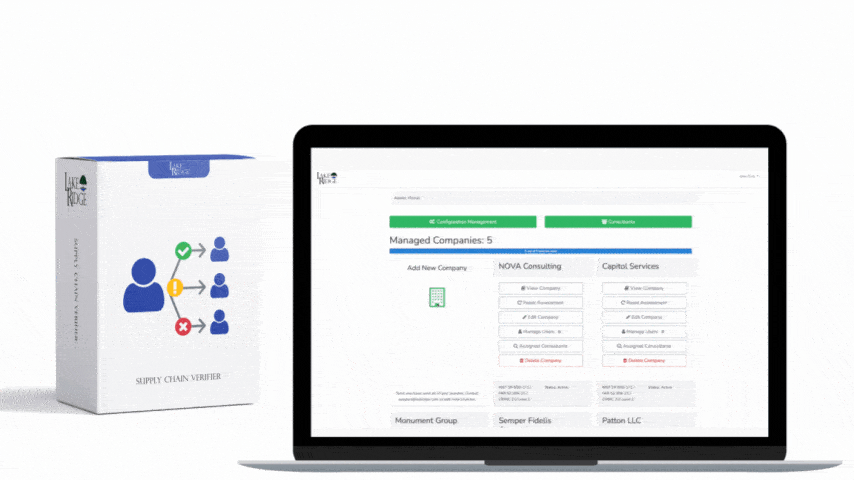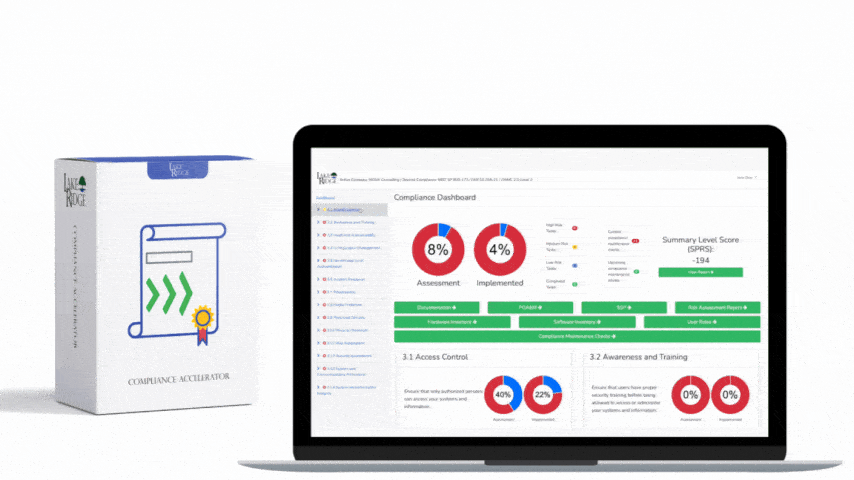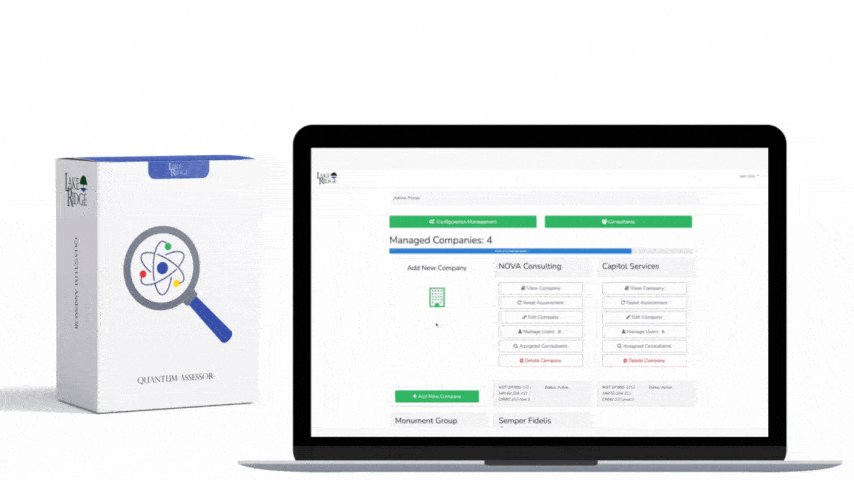Cloud archiving offers a best practice solution to maximize the security of medical records while ensuring their availability. While HIPAA compliance is well-known in relation to medical records security, it's important to understand that securing these records goes beyond mere compliance with the HIPAA Security Rule. Many medical records are not in electronic format, which means Covered Entities and Business Associates should review how records are created, received, maintained, and transmitted in other media within their organization. Applying the risk analysis and management standards of the Security Rule to all Protected Health Information, regardless of media, is the most effective way to achieve this. By doing so, compliance officers can develop better policies and procedures and train staff accordingly to secure medical records when technological safeguards are insufficient. This process not only enhances security, but also helps organizations locate their medical records effectively. This is crucial, as Protected Health Information may be stored in multiple designated record sets within an organization, and various standards within the Privacy and Security Rules require that it remains accessible at all times.
The Challenge of Ensuring HIPAA Compliance in the Storage of Medical Records
While HIPAA does not specify how long medical records should be retained, there are state and federal laws that do set retention periods. In some states, records must be kept for up to ten years. Even if an organization does not serve residents of a state with lengthy retention requirements, the American Health Information Management Association (AHIMA) recommends a minimum retention period of ten years for all medical records. The difficulty this presents for complying with HIPAA and storing medical records lies in securely storing the records while still making them accessible.To address this issue, many organizations have turned to digitizing paper records and utilizing cloud storage solutions that offer virtually unlimited storage capacities. This approach helps free up physical storage space. However, there are challenges when it comes to retrieving unstructured data when needed to comply with an individual's access request, as well as the cost of storage. To mitigate these challenges, implementing a cloud archiving solution can be beneficial.Cloud archiving solutions offer the advantage of indexing records as they are archived, which speeds up data searches. Some solutions even remove duplicate records to reduce storage space requirements and further enhance data search speed. This enables organizations to respond promptly to individuals' access requests well within the allowed time frame.
What is the optimal method for preserving non-digitized medical records?
The optimal method of storing non-digitized medical records relies upon the amount of data to be preserved. Certain entities possess the capability to store limited quantities of data on their premises while adhering to the physical safeguards outlined in the Security Rule. Alternatively, others may need to enlist the assistance of a secure storage warehouse. However, an issue arises concerning HIPAA compliance and the storage of non-digitized medical records. Retrieving Protected Health Information becomes more complex when required for authorized use or disclosure, or when subjects of the information request copies.
Is it necessary for storage services to enter into a Business Associate Agreement?
If any Protected Health Information is included in the data being stored, storage services must sign a Business Associate Agreement. In these instances, the third-party organization that provides the storage services will be considered a Business Associate, and there must be a Business Associate Agreement in place that outlines the compliance requirements for the third party. It is important to note that this provision of HIPAA still applies even if the third party does not have direct access to the Protected Health Information. For example, if physical data can only be accessed using a specific key code known solely to the Covered Entity, or if a cloud service provider operates a 'zero-knowledge' storage model for data stored in the cloud.
Why would data be stored in multiple designated record sets?
There are various reasons why data might be stored in multiple designated record sets. For example, certain medical records might still be kept in paper form, while others have been converted into digital format. Additionally, certain data may be subject to stricter privacy protections under the Privacy Rule, such as substance use disorder (SUD) records, or different departments within an organization may maintain their own sets of records.It is crucial to understand what constitutes Protected Health Information (PHI) under the Health Insurance Portability and Accountability Act (HIPAA) because a designated record set can include a single item, like a photograph of a child on a pediatrician's nursery wall. Furthermore, some information is only considered protected if it is coupled with individually identifiable health information.
The Advantages of Deduplication in the Archiving Process
The advantage of de-duplication in the archiving procedure lies in its ability to eliminate replicated content in medical records, thus significantly reducing the amount of storage space needed. To illustrate, extensive email conversations often contain repeated content, and when multiple individuals are included, numerous emails may carry the same image attachment.
The Ease of Accessing Archived Data from the Cloud
The popularity of cloud archiving can be attributed to the convenience it offers in retrieving archived data. As long as authorized individuals possess an Internet connection and the necessary credentials, accessing stored data in the cloud is just as simple as accessing data stored on a local device.



